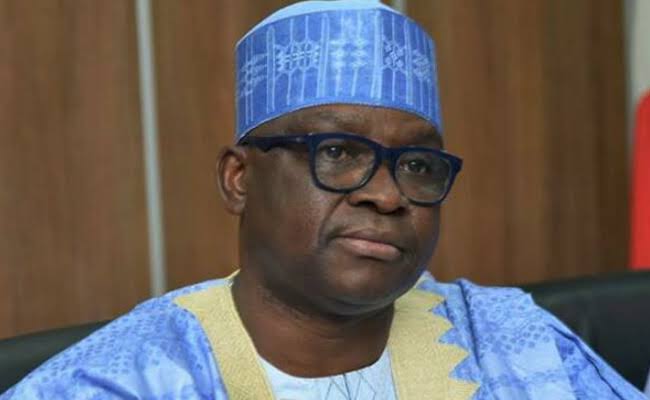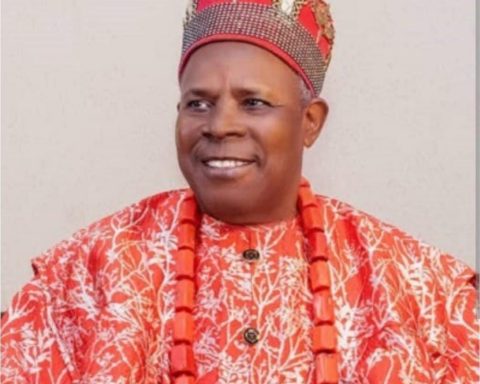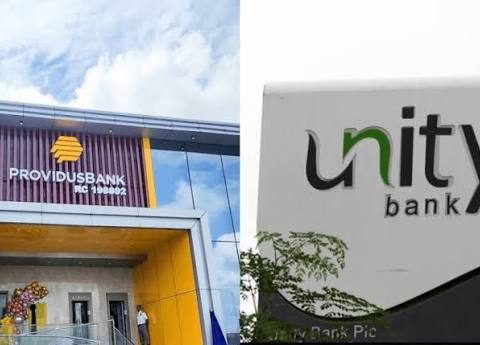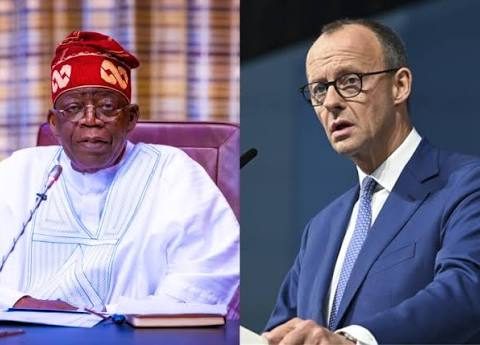It’s like rainy day and I hope the world has made enough savings to take us through the season, as the Monetary Policy Committee (MPC) in Nigeria joins global policy makers in hiking interest rate to new historic-high levels; a measure aimed at stemming the obstinate inflationary pressures.
To address the challenges of the COVID-19 pandemic, Central Banks and broader monetary authorities lowered interest rate to near-zero levels, spurring strong demand for necessities as well as luxuries at a time when productivity was at the lowest we have seen in many decades.
Join our WhatsApp ChannelSo, whilst many factories were shut, workers and everyone else were consuming heavily, living purely on free or near-free money. Of course, the result is that inventories have been depleted and it is taking time to rebuild inventories back to pre-COVID levels, a situation which was further exacerbated by the Russian-Ukrainian war and other geopolitical tensions.
Of course, with limited supplies of goods being chased by higher money supply, the inflation monster is hunting all of us and policy makers are not going to watch skyrocketing price levels sink the boat.
For the sixth time since May 2022 when it shifted gear towards tightening the economy, Nigeria’s MPC raised the benchmark interest rate by 50 basis points, though a lower rate of increase compared to previous hikes, it puts the Monetary Policy Rate (MPR) at 18%, the highest in a decade and one of the highest in Africa, except for Ghana where the Bank of Ghana further raised interest rate by 200 basis points to 27.5%, as it’s inflation rate of 52.8% remains a key concern for the world.
Nigeria and Ghana are among the top 20 countries with the highest interest rate.
Expectedly, Zimbabwe leads the list with 45% lending rate, followed by Madagascar with lending rate of 43.3 per cent. Ghana now has 27.5% while Malawi has 24.2%. Democratic Republic of Congo has 23.1% lending rate; Uganda, 19.8%. Nigeria, with its lending rate now moving from 17.5% to 18%, comes just one step below Sierra Leone and Mozambique which have lending rates of 18.9% and 18.2% respectively.
READ ALSO: 20 Topline African Countries With Highest Benchmark Lending Rates
Quo Vadis, like the Latin man would say, “where do we go from here”. Would the 18% MPR tame inflation rate of 21.8%? What happens to the yield environment and how does this affect the ability of small and middle scale business to borrow either from banks or the capital market?
The Nigerian government issued the 30-year bond at 16% at the last auction, more than twice the interest it paid for same bond in 2020 and 2021. How would the government survive under this elevated interest rate environment, especially as debt service continues to crowd out revenue and undermine the ability of the government to do anything other than pay salaries and meet other recurrent expenditures?
Again, will banks raise interest rate following this uptrend in policy rate and what would that mean for the business environment and how would jobs be created for the youths when businesses can no longer be profited at new levels of interest rate?
What happens to the economy that is already suppressed by the scarcity of new notes? Would this be another spanner in the wheels from the CBN? As the system recovers from the scarcity of cash, could this be another sparrow that may undermine economic growth? Are there alternatives for the Central Bank?
I ask the last question because my observation of Nigeria’s monetary and cost issues at the moment tends to confirm that the country’s inflation is coming from the supply side for the most part and not the demand side given the paucity of currency. The new MPC decision on MPR is, therefore, quite puzzling. While policies that have supply-side impact tend to be longer term, it is no reason to avoid it.
Maybe, there some data that I’m personally not aware of.
Join Prime Business Africa on twitter space today March 21 at 7 p.m to discuss how this matters to the overall economy and how it compares to the rest of the world.
Dr Marcel Mbamalu (Publisher) will be hosting the CEO of Centre for the Promotion of Public Enterprise (CPPE), Dr Muda Yusuf and some younger economists to provide all the details you need.













